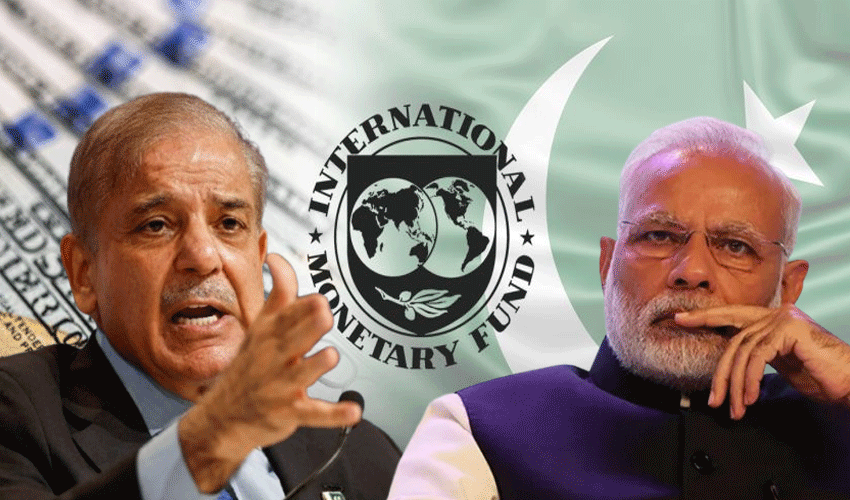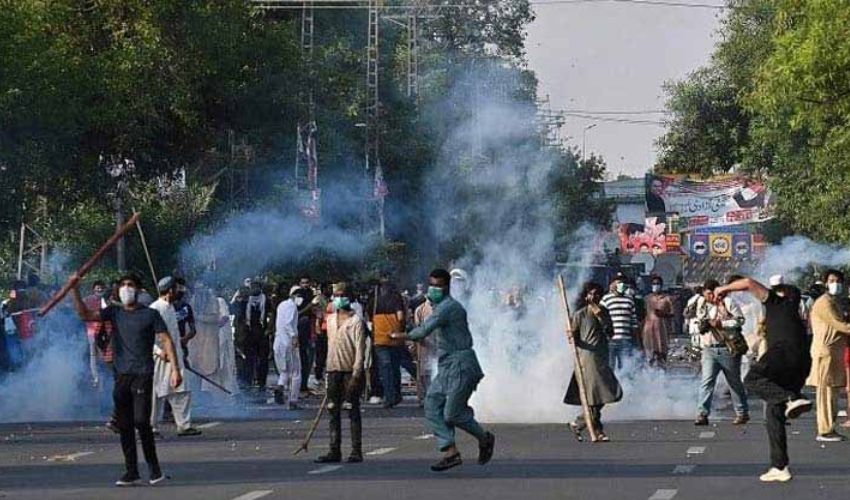The Supreme Court (SC) on Saturday announced that its decision to halt the live-streaming of proceedings in the case of intra-court appeals (ICAs) against the court's September 15 majority judgment, which nullified amendments to the anti-graft laws, was driven by concerns over potential political misuse of the facility.
The amendments in question were made to the National Accountability Ordinance (NAO) 1999 by the Pakistan Democratic Movement (PDM)-led government in 2022. These changes included reducing the term of the NAB chairman and prosecutor general to three years, limiting NAB's jurisdiction to cases involving over Rs500 million, and transferring all pending inquiries, investigations, and trials to relevant authorities.
Former Prime Minister Imran Khan had challenged the amendments, alleging they were designed to benefit influential accused persons and legitimize corruption. He argued that the amendments aimed to scrap corruption cases against high-ranking officials and allow convicted public office-holders to have their convictions overturned.
After 53 hearings, the SC reserved its verdict on September 5, 2023, and on September 15, it restored corruption cases against public office holders that were withdrawn following the amendments, declaring Imran's plea maintainable.
Chief Justice of Pakistan (CJP) Qazi Faez Isa hinted during an October 31, 2023, hearing that the proceedings might need to be restarted if the counsel presented a solid case. Despite this, the court refused to stay proceedings in ongoing corruption cases but restrained trial courts from issuing final orders until the next hearing.
The SC was handling multiple ICAs from the federal government and a private citizen, Zuhair Ahmed Siddiqui, accused in a corruption case. Notices were issued to respondent Imran, currently incarcerated, through the jail superintendent.
On May 14, CJP Isa instructed the government to ensure video link arrangements for Imran to participate in the proceedings, but during the May 16 hearing, Imran, appearing via video link, did not get a chance to speak. The hearing was not broadcast live, unlike the May 14 hearing, with reasons unclear at the time.
In the May 30 hearing, the bench, led by CJP Isa and including Justices Athar Minallah, Aminuddin Khan, Jamal Khan Mandokhail, and Hasan Azhar Rizvi, decided in a 4:1 ruling not to live-stream the proceedings, with Justice Minallah dissenting. This decision was in response to an application by the Khyber Pakhtunkhwa advocate general (AG) to live-stream the proceedings.
The court's written order explained the decision, citing the possibility of misuse or exploitation for personal or political purposes, grandstanding, and commenting on unrelated matters, which could affect the administration of justice and public perception.
The order emphasized that live-streaming is reserved for cases of public interest and noted that the public has shown little interest in the sustainability of the NAO amendments. It highlighted that neither Imran nor the KP government had previously requested live-streaming during the 53 hearings.
The court concluded that requests for live-streaming fall within its exclusive domain and will be considered based on the merits of each case.



























